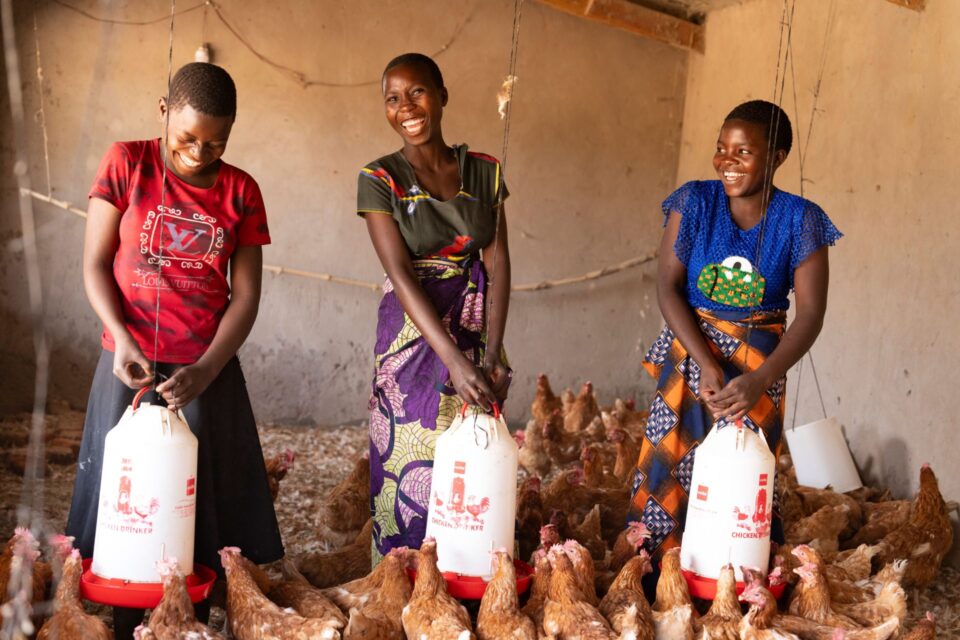In rural Malawi, a quiet but powerful revolution is unfolding—led by the clucking of chickens and the determination of young women rewriting their futures. Teen mothers, many of whom once dropped out of school due to early pregnancies and poverty, are now finding renewed hope and independence through poultry farming.
This transformation stems from a partnership between the Food and Agriculture Organization (FAO), the United Nations Population Fund (UNFPA), and the Government of Malawi, with support from the Korea International Cooperation Agency (KOICA).
The initiative, Action for Teen Mothers and Adolescent Girls and Boys (2021–2024), equips young women with practical agricultural and business skills while promoting reproductive health education. Its holistic design tackles three key challenges facing Malawian youth: early motherhood, unemployment, and school dropout.
One remarkable success story is 18-year-old Kherena Medson from Katopola Village in Mchinji District. After becoming a young mother, Kherena believed her education was over—until she joined the Tinaliyani Junior Farmer Field and Life School (JFFLS), a programme supported by FAO under the project. There, she learned poultry management, business planning, and marketing.
With a group grant of about USD 4,482, Kherena and her peers launched a thriving egg production business. The income not only sustains their families but has also enabled several of them to return to school.
“We are now able to pay school fees and meet daily needs through selling eggs. Poultry farming gave us a new beginning,” says Kherena.
FAO’s contribution went beyond training—it disbursed over USD 170,000 in seed capital to 1,065 young beneficiaries, nearly 80% of them women. Many have since launched small poultry ventures, producing eggs and meat for local markets and inspiring other young people in their communities.
The impact extends beyond income. Poultry farming has improved household nutrition by providing affordable sources of protein, while UNFPA’s involvement ensures participants gain knowledge in reproductive health and life skills. This integrated model strengthens both livelihoods and long-term wellbeing.
By merging agribusiness, education, and health, the project redefines agriculture as a modern, empowering career path rather than a fallback option. It restores dignity and opportunity to vulnerable youth—especially young mothers—proving that with the right support, rural agriculture can be a powerful driver of social change.
As Malawi’s teen mothers turn poultry farming into a source of pride and progress, their story stands as a testament to resilience, innovation, and the power of community-driven empowerment—one egg at a time.



